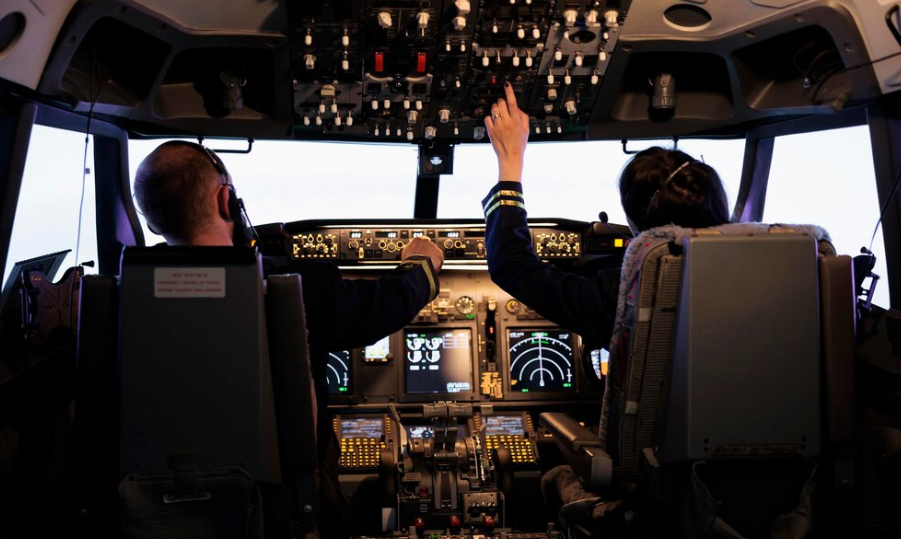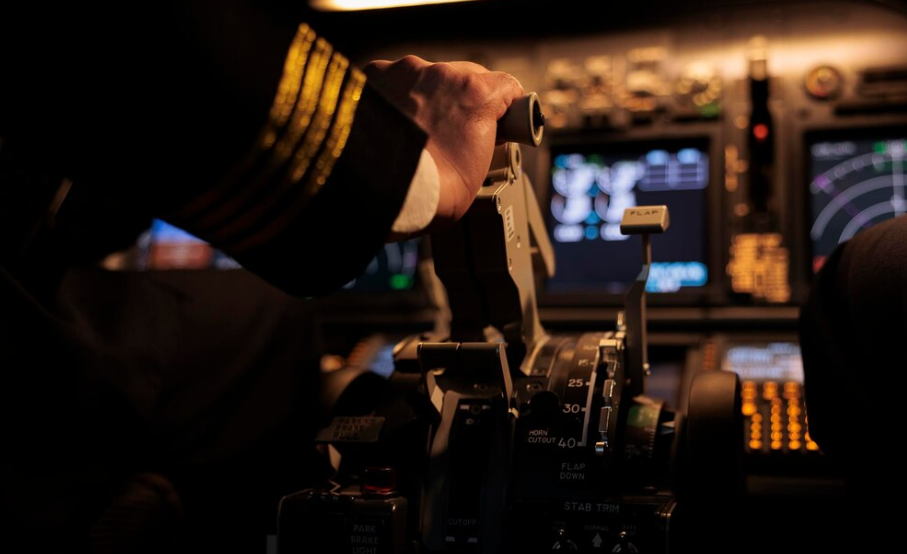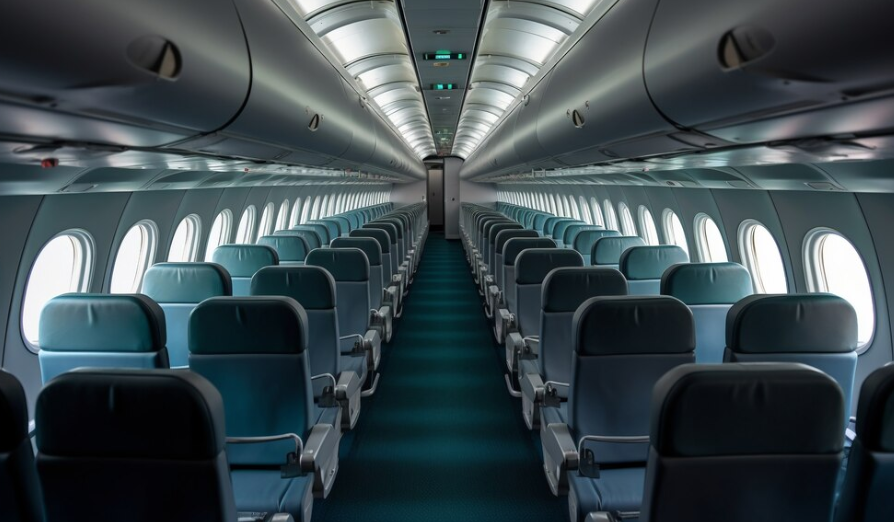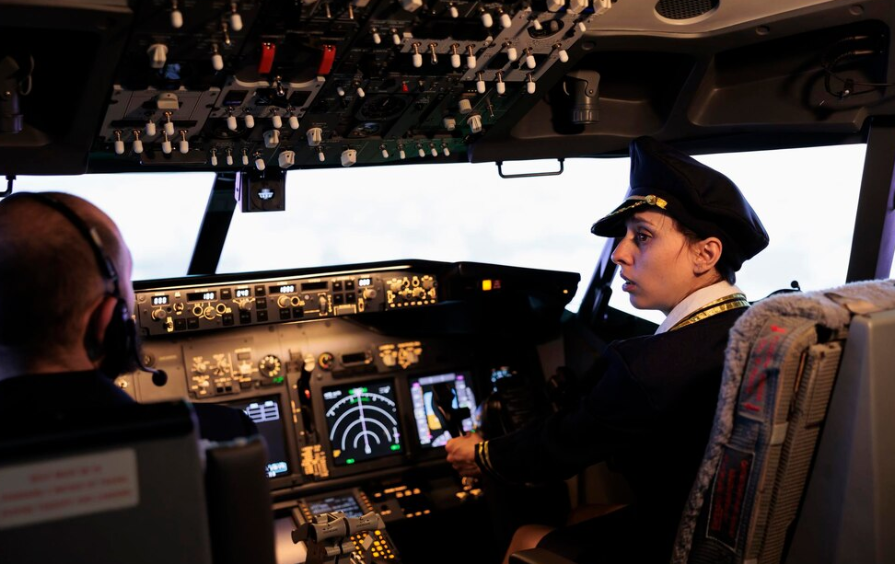‘More Than Half’ of British Pilots Have Slept While Flying

©️ DC Studio / Freepik
Imagine hurtling through the sky at 35,000 feet, but your pilot is sleeping trusting the lives of hundreds of passengers to the crew at the front of the plane. Now imagine one, or even both, of those pilots, sleep at the wheel.
The Survey Results Are Shocking!
A recent survey by the British Airline Pilots’ Association (Balpa) paints a disturbing picture: more than half (56%) of commercial airline pilots admit to falling asleep while flying. This isn’t just a hypothetical nightmare; it’s a real and present danger lurking in the seemingly serene world of commercial aviation.
The survey doesn’t stop there. It throws another wrench into the already tense situation – nearly a third (29%) of pilots reported waking up to find their copilot asleep as well. This complete breakdown in vigilance during critical flight times is a recipe for disaster.

These findings come at a time when recent headlines have been dominated by in-flight engineering failures. While these malfunctions are undeniably concerning, pilot fatigue may be a far more pervasive threat to passenger safety.
The Balpa survey exposes the underlying causes of this alarming trend. Pilot exhaustion emerges as a major culprit. A staggering 84% of pilots reported tiredness affecting their ability to fly safely in the past six months. Nearly half (49%) identified pilot sleep as the absolute biggest threat to flight safety, surpassing even concerns about mechanical failures.
What’s Causing this Epidemic of Pilot Fatigue?
The demanding nature of the job itself is a key factor. Pilots routinely traverse multiple time zones, adhering to strict flight schedules that leave little room for adequate rest.
One pilot described a grueling itinerary involving short layovers and punishing turnaround times, leaving them physically and mentally drained before even taking off on the next leg.

While flying a commercial airliner requires immense skill and knowledge, some pilots describe long stretches of the job as essentially glorified monitoring, with minimal action or stimulation. This monotony, coupled with fatigue, creates a dangerous environment where even the most vigilant pilot might succumb to sleep.
However, there’s a glimmer of hope. The rediscovery of the Balpa survey has ignited a much-needed conversation about pilot fatigue and its impact on aviation safety. This issue is finally getting the attention it deserves.

What Needs to Happen So Pilots Don’t Sleep?
Addressing pilot work schedules and fatigue management is paramount. Airlines must prioritize rest periods and implement stricter regulations to prevent pilots from sleeping and from reaching a point of exhaustion.
Scientific and medical expertise should be brought to the table to establish guidelines for safe working hours and fatigue management strategies.

The bottom line is this: ensuring pilot alertness is absolutely crucial for passenger safety. Ignoring the issue of pilot fatigue could have devastating consequences. The onus lies on airlines, regulatory bodies, and the aviation industry as a whole to take concrete steps to address this alarming trend. Only then can we guarantee that the skies remain truly safe.
You might also like to read: How Was This World’s First Flight Without a Pilot Possible?


